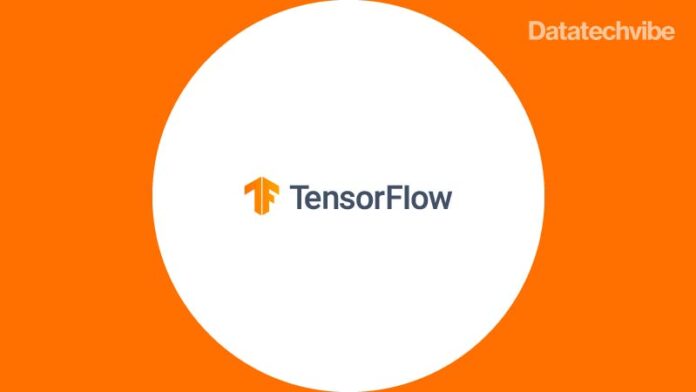The new release includes performance improvements with oneDNN and the introduction of DTensor, a new model distribution API
TensorFlow has announced the latest 2.9 version, just three months after the release of version 2.8. The main highlights of this release are improved performance with oneDNN and the introduction of DTensor, a new API for model distribution that allows for seamless movement between data and model parallelism.
To achieve superior performance on Intel CPUs, TensorFlow integrated the oneDNN performance library. TensorFlow has provided experimental support for oneDNN since version 2.5, providing four times performance improvement. OneDNN optimisations will be enabled by default on Linux x86 packages and for CPUs with neural-network-focused hardware features such as AVX512 VNNI, AVX512 BF16, AMX, and others found on Intel Cascade Lake and newer CPUs in the latest release.
Another significant feature of this release is the addition of DTensorflow, a new API for models to transition from data parallelism to single programme multiple data (SPMD) based model parallelism, including spatial partitioning. It is a device-independent API that allows the exact model code on CPU, GPU, or TPU and models partitioned across device types. It also uninstalls the coordinator and leaves the task to managing its locally attached devices. This enables model scaling without affecting startup time. Previously, model code was written around replicas, but with DTensor, model code is written from a global perspective, and DTensor runtime delivers replica code. TensorFlow also announced the Windows Subsystem for Linux, which allows developers to run a Linux environment directly on Windows without needing a virtual machine or dual boot setup.
TensorFlow 2.8 introduced an API for making operations deterministic. Determinism is repeating a procedure with the same inputs and obtaining the same output each time. The determinism performance has been improved in version 2.9. TensorFlow has also released a new experimental version of the Keras Optimizers API, which provides a unified and expanded catalogue of built-in and custom optimisers.









